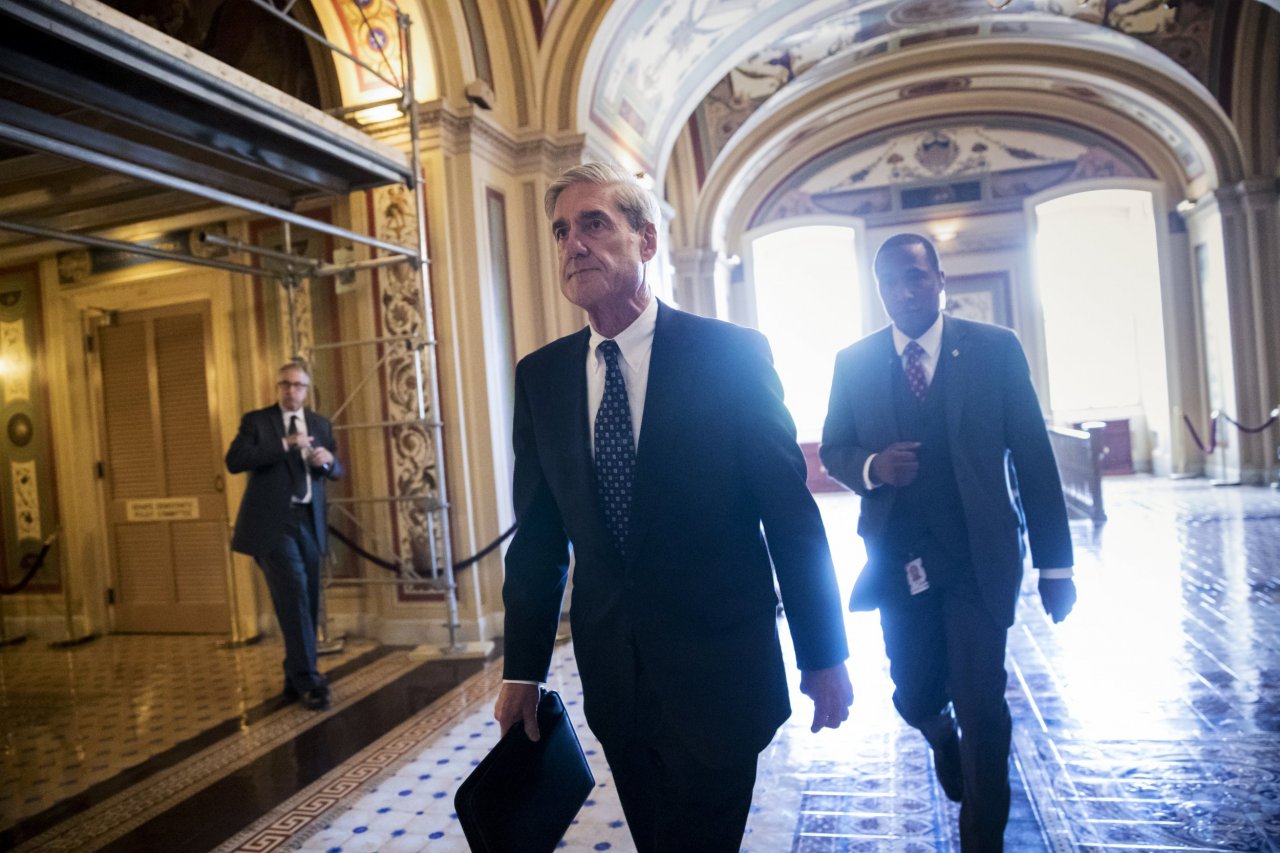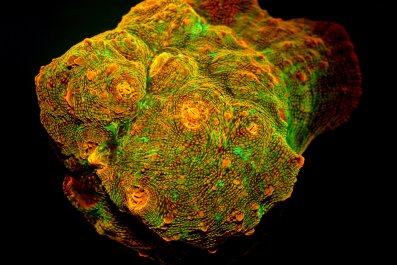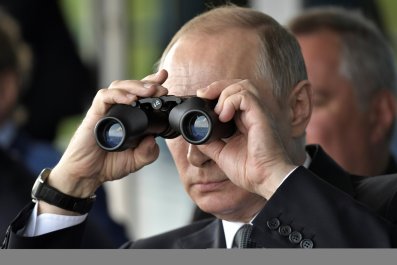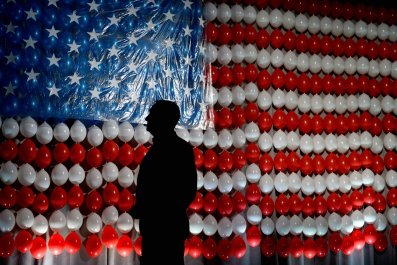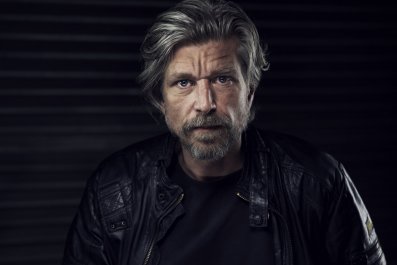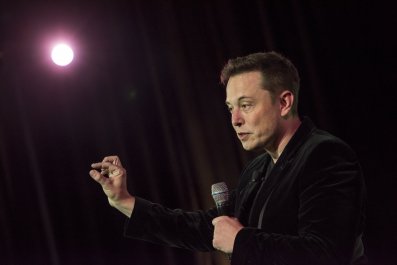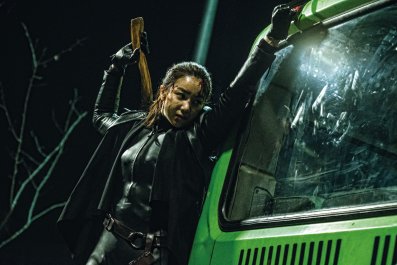It's been only three months since the Justice Department appointed Robert Mueller to oversee the Trump-Russia probe, and the president's supporters have already made bashing him a daily ritual. Many are calling for his dismissal, saying he's in cahoots with "the deep state," namely James Comey, the FBI director whom the president fired this spring. Never mind that Mueller is a respected prosecutor and former FBI director who served under both Democrats and Republicans.
One particularly nutty line of attack is that Mueller is rigging a grand jury against Trump. " President Trump got 68.63% in West Virginia, 4.8% in Washington DC," former Speaker of the House Newt Gingrich tweeted earlier this summer. "Guess where Mueller has a grand jury?" Even Alan Dershowitz, the Harvard law professor and famed appellate lawyer, expressed similar concerns. "The District of Columbia jury pool," he wrote for The Hill, "will be overwhelmingly Democratic, by a ratio of close to 10 to 1."
Such criticism shows little knowledge—or willful ignorance—of how grand juries function—and I know, because I was a witness 12 years ago in another high-profile case involving a special counsel. That one concerned the question of who had disclosed the identity of a former covert CIA operative. I saw the grand jury room from the inside, and I can assure you it's not Gingrich's politically biased coven but instead a pro forma cog in our criminal justice machine. Grand juries are created, or impaneled, by prosecutors to hand down indictments and as an investigative tool to issue subpoenas and warrants. Ironically, the system was established to be a bulwark against overzealous government attorneys, but it's pretty much a rubber stamp, whether it's in Washington or West Virginia.
The idea of the grand jury has been in Anglo-American law for some 800 years. The Fifth Amendment to the Constitution requires the use of one to approve a felony indictment before a case goes to trial. The Bill of Rights was all about guaranteeing individual liberties against the government. And the founders were worried about prosecutors being able to put anyone on trial without good cause, and so they must sway a grand jury first.
Watch a few episodes of Law & Order, and you'll quickly understand that a grand jury doesn't determine innocence or guilt. It's a group of jurors—usually 16 to 23, plus alternates—who decide if there's "probable cause" that a defendant committed a crime. That's a much lower standard than for criminal trials. The accused doesn't get to present facts; there's not even a defense. Only the prosecutor and witnesses speak before the jury decides, and that imbalance of power is why one of the famed maxims in criminal law is that a grand jury would " indict a ham sandwich " (in this case, one with Russian dressing).
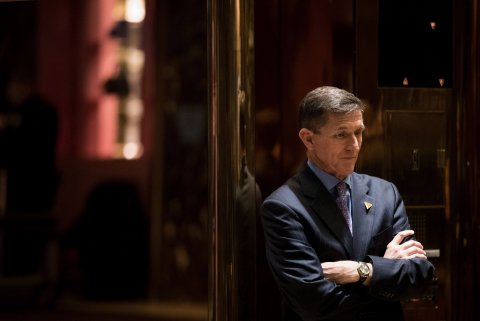
I had my encounter with the ham sandwich star chamber in 2005. After months of wrangling in court, I was compelled to testify before the grand jury assembled by a special counsel in that CIA leak case. My employer at the time, Time Inc., and I had argued that as a journalist I shouldn't have to discuss my conversations with my source, Karl Rove, the top political adviser to then-President George W. Bush.
Two years earlier, I had spoken to Rove by phone about Joseph Wilson, a former U.S. diplomat the CIA sent to investigate claims that Saddam Hussein was seeking to acquire uranium in Africa. Wilson concluded that the Iraqi dictator had made no such effort. He was later astonished when Bush used the claim as one of the reasons to go to war with Iraq. In response, the ex-ambassador publicly slammed the White House, and in a sloppy swipe at Wilson, columnist Robert Novak revealed the identity of his wife, Valerie Plame, a former CIA officer. That's a potential felony, and after clamoring from Democrats, the Justice Department appointed a special counsel, Patrick Fitzgerald, to discover who had leaked her identity to the press. I didn't know what was behind Novak's outing of her, but her identity had been revealed to me too, and I spent the next two years fighting in court, trying to prevent testifying about a source.
In 2005, the Supreme Court refused to hear my argument that as a journalist I had the right to not testify about a source. I faced jail time. Fortunately, Rove, whose identity as my source had come to light—through other leaks—granted me permission to testify. And so I appeared before the special counsel's grand jury in Washington, D.C. These proceedings are highly secretive affairs. Everyone involved—from the grand jurors to the stenographer—is forbidden to discuss the proceedings while they're ongoing.
Testifying felt both surreal and anticlimactic. After a legal battle that drew national attention and involved some of the best lawyers in the country, the grand jury room looked like a shabby classroom, and the grand jurors were crammed into student desks, while the prosecutor used a '60s-era overhead projector to present his exhibits. All that fighting and I felt as if I was in a math class at a rundown community college.
The grand jury members—mostly middle-aged black men and women—were thoughtful and engaged and expressed sympathy for my legal travails. But I had to laugh when one brought up an email I had sent to my editors: My conversation with Rove, I had typed, was on "double super-secret background."
Was that a real journalistic term? they asked.
No, I said. It was my homage to the film Animal House (the lovable misfits of a fraternity are put on "double-secret probation" by the school's evil dean ).
The grand jury ultimately indicted Vice President Dick Cheney's chief of staff, I. Lewis "Scooter" Libby, not for leaking Plame's identity to Novak but for lying to the FBI and prosecutors about his conversations with reporters about Plame. He was convicted of obstruction of justice and other charges, but Bush commuted his sentence.
It's far too early to know whether anyone will be convicted, let alone pardoned, in the Trump-Russia probe, but like Fitzgerald before him, Mueller has done nothing wrong in summoning a grand jury in D.C. He's done so because the Justice Department requires these proceedings to be impaneled where the alleged crimes took place. Convening a grand jury in Trump-friendly West Virginia would not only be stupid; it would be illegal.
Mueller has also been attacked for taking over the grand jury investigating Trump's former national security adviser, Mike Flynn. (One prosecutor can take over another's grand jury.) The Flynn proceeding is in Virginia, but it makes sense for Mueller to operate there. Flynn's private consulting business was set up in the state, and the retired general's failure to reveal payments from foreign governments is central to the probe.
If people are really wary of overzealous prosecutors, Congress and the Justice Department could revise the grand jury system to create greater oversight or allow the defense to present evidence. Witnesses could be allowed to bring lawyers to the proceedings. (Like all grand jury witnesses, I had to go in alone and wasn't allowed to take notes.)
The late Representative Henry Hyde, a conservative Republican who led the impeachment battle against Bill Clinton on the House floor in 1998 and was a champion of then–independent counsel Kenneth Starr, was nevertheless a great believer in reforming grand juries. "The grand jury is the total captive of the prosecutor, who, if he is candid, will concede that he can indict anybody, at any time, for almost anything before any grand jury," he said in 1997. Unlike Gingrich, Hyde was honest enough to know that the problem isn't individual prosecutors but the system itself.



